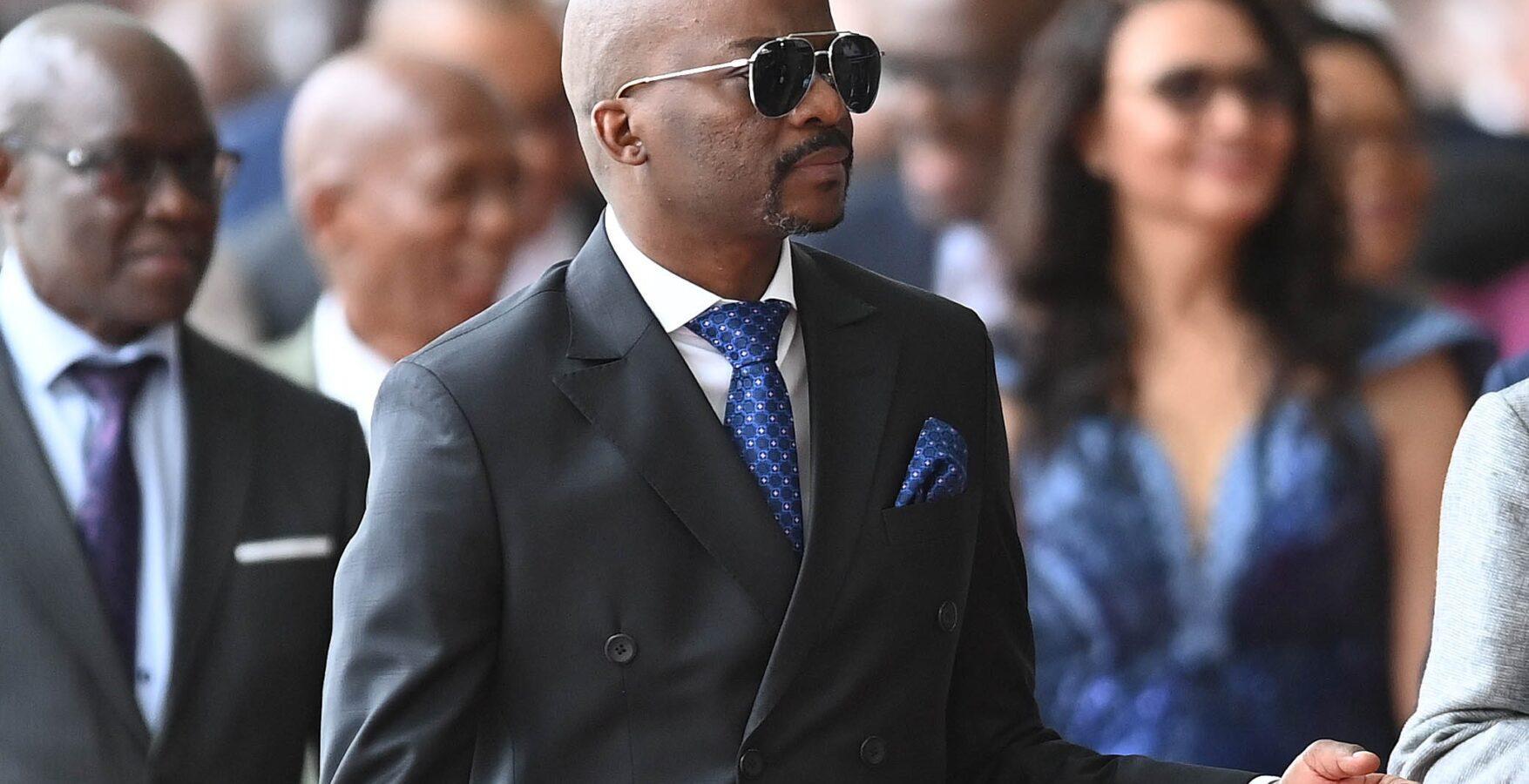Africa-Press – Botswana. Botswana will host the inaugural Gaborone Democracy Lab (GDL) from October 27 to 29, to position itself as a regional hub for democratic dialogue and innovation.
Organised by the Friedrich-Ebert-Stiftung (FES), the landmark event will bring together political and civil society leaders from over 20 African nations, as well as Members of Parliament from Germany and Brussels.
This development was announced by FES resident representative, Mr Thilo SchÓ§ne and his delegation during a courtesy call on the Speaker of the National Assembly, on Tuesday, the aim of which was to deepen cooperation between Botswana’s Parliament and FES. Mr SchÓ§ne announced that Botswana now served as FES Africa’s Democracy Hub, housing the Foundation’s flagship programme.
“This is not about high-level ministers and presidents, but about the real drivers of change, the MPs, the community leaders, the activists,” he said and explained that the term, lab, was chosen to reflect a space for experimentation, honest dialogue and collaborative learning.
Mr SchÓ§ne also said that key areas of focus would include youth empowerment, gender inclusion, and leadership development. Organisers highlighted a long-standing Youth Leadership Training Programme, which since 2016 has mentored young Batswana active in political parties, unions, and community initiatives. The nine-month programme blends coaching with expert mentorship, often engaging national and international facilitators.
Mr SchÓ§ne also welcomed FES growing relationship with Botswana’s Parliament, affirming the foundation’s commitment to democratic development in the region. He shared that FES, a German social democratic foundation founded in 1925, operated 104 offices globally 24 of which were in Sub-Saharan Africa and had worked with progressive Batswana actors since 1973.
Speaker of the National Assembly, Mr Dithapelo Keorapetse for his part said the current 13th Parliament was unique, having emerged from a historic general election that ended 58 years of single-party rule. He described this as an opportunity to drive meaningful reform, with Parliament now working towards becoming a modern, inclusive, and paperless institution.
“The Parliament must be transformed to fully execute its mandate,” Mr Keorapetse said, noting that strategic partnerships like this were key in capacitating Parliament and facilitating the exchange of ideas.
He further emphasised the need to cut down on printing costs and shift towards digital systems, citing the high expense of producing daily order papers, government gazettes, and committee reports.
“We must go paperless, not only to save money but to function efficiently in a digital era.” he said,
The speaker also envisioned a Parliament that was transformed to effectively fulfill its mandate to the full capacity. He highlighted that Parliament major functions were to legislate, represent citizens, and provide oversight on the government actions as well as approving national budget. Mr Keorapetse also explained that through its functions, parliament played a critical role in instilling and facilitating democratic principles in the country.
As a result, he said there was need for Members of Parliament to be fully capacitated to deliver the mandate of Parliament fully. The Speaker pointed out that strategic partners and think tanks like FES were crucial in collaborating with Parliament, to capacitate and facilitate exchange of ideas for both MPs and staff of Parliament.
For More News And Analysis About Botswana Follow Africa-Press






